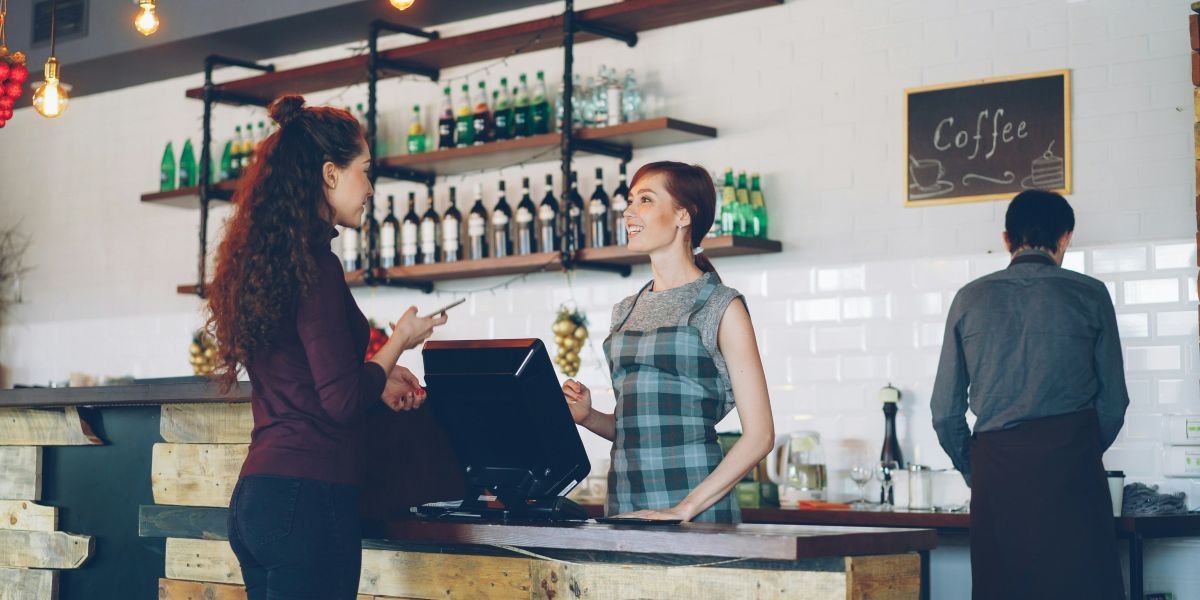Every day is Earth Day at Amy’s Kitchen. The eco-oriented line of pizzas, soups, and other made-from-scratch, ready to heat-and-eat meals has an ethos of serving organic, cuisine with a holistic approach to farming and cooking its foods.
Amy’s Kitchen made a commitment to being organic long before it was trendy. Officially launched in 1987 by husband and wife co-founders Andy and Rachel Berliner, Amy’s Kitchen sprouted from one potpie to a powerhouse enterprise dishing out up to a million meals daily.
Amy’s says it serves non-GMO meals that begin with ingredients grown on farms free of dangerous pesticides including more than 700 chemicals and synthetic substances. It’s a Certified B Corporation, which is another accolade the brand is proud of earning. The title is given to companies demonstrating the highest standards of social and environmental performance.
“Creating a healthy environment is important to us, and we’ve been committed to making high-quality food with sustainable, organic, and vegetarian ingredients from the start,” Amy’s Kitchen co-founder Andy Berliner writes in a letter on amyskitchen.com. “It was not a marketing or sales strategy; it was what felt like the right thing to do. We know that choosing what’s right for people and our planet –– even when it’s not the easiest option –– is what leads to success in business and in the positive impact we can make.”
Despite not having an immense amount of traditional business experience, Berliner did have one tremendous asset: his deep sense of personal values respecting humanity and the planet. Being vegetarians themselves, Andy and Rachel Berliner essentially pioneered how plant-based eating could be an environmental solution.
He visited farming communities in California’s Central Valley, the Watsonville area near Monterey Bay, and down into Ventura, and was dismayed to discover evidence of water systems being harmed due to pesticides and herbicides, which have an overall negative impact on biodiversity. Berliner knew something had to be done. Using organic ingredients was nonnegotiable from the start.
“We find that organic brings much higher levels of stored carbon in the soil, and 30%, 40% higher levels of biodiversity,” Paul Schiefer, Amy’s Kitchen’s president, stated. “We see more efficient water systems and lower overall carbon emissions from the farming operations. Truly, as the world has caught up, we now hear words about climate-smart agriculture or regenerative agriculture. We’ve always been that way. We’ve oriented our supply chain from that from day one, and that’s just an incredible strength and makes us quite unique.”
Healing the Planet One Meal at a Time
“We always consider every day should be Earth Day because of the necessity of saving our planet,” Schiefer said. “Usually for Earth Day we focus on a combination of education and advocacy. In past years we have done a Call for Climate campaign where we invited our employees and our consumers and networks to get on the phone and help our legislators see the urgency of passing climate change legislation.”
Acknowledging the humbling realization that climate change is something businesses can’t address enough, Amy’s Kitchen has been rallying with Call4ClimateNow to enact a Clean Electricity Payment Program for 100% clean power by 2035, channeling 40% of funding to invest in front-line communities, quash fossil fuel subsidies, and assemble a Civilian Climate Corps to provide more jobs and pave a path toward a clean energy workforce.
Schiefer says companies and citizens must partner to influence authentic change regarding politics and the environment. “We believe that by banding together behind a clear message, we can push our lawmakers to solve the climate crisis now,” Schiefer insisted. “We cannot live with the alternative.”
Amy’s Kitchen’s consumers are equally as concerned about the environment as the brand they support, according to data shared by the company on its website. About one-third of American adults say they are natural-products shoppers, and nearly 70% of those shoppers — about 58 million — say they are “alarmed” about climate change.
Amy’s Kitchen Leaders Lock in Additional Plans for Even More Environmentally Efficient Operations
When it comes to Amy’s Kitchen raising standards regarding sustainable business practices, Schiefer points out that the California-based brand always goes back to its foundational principles.
“We have very active efforts to transition all of our production facilities to use 100% renewable electricity,” Schiefer explained. “We’re well on our way. I think roughly 35% to 40% of our electricity today is coming from renewable sources. And we have plans to get to 100%. We are finishing up the third phase of a multiyear project to upgrade our refrigeration system in Santa Rosa.”
Schiefer says it’s a move that will slash more than a third of the carbon footprint from that plant, thanks to utilizing some of the most modern cutting-edge refrigeration technology and getting away from some of the legacy refrigerators.
“Today about 75% of our packaging is either compostable or recyclable, and we’re in late-stage trials to convert the remaining 25%,” Schiefer stated. “So we can be at a place where not just the food is sustainable, but the packaging itself is a truly closed loop and can be returned either to the soil as compost or to the recycler as fiberboard that can be used for another generation.”
And the results are clear on how much consumers now value sustainable packaging and products. According to a survey by Sustainable Brands, a global community of environmentally and socially concerned brand leaders, two-thirds of consumers will pay more for sustainable products.
Additionally, Amy’s Kitchen is working on its water systems and extends sustainability beyond the environment. “We also are trying to take care of the people within our business, as well as the people that surround our business,” Schiefer added. “We’ve invested in an incredible health equity strategy, bringing our amazing healthcare clinics to life. They’re fully bilingual, with no cost to our employees and their family.
“And unlike most healthcare, people get to meet with their provider for 30 minutes and really talk about an integrated strategy that touches on medical conditions, but also look at wellness and lifestyle as part of the solution.”





